
How To Make Your 3D Prints Waterproof (5 Easy Tips)
Post-Processing. One of the most important techniques of making a waterproof 3D printed part is post-processing. Smoothening your layer can result in great waterproof properties by blending layers and removing layer gaps by tightening the layer surrounding the part. Smoothing layers can be achieved in different ways.
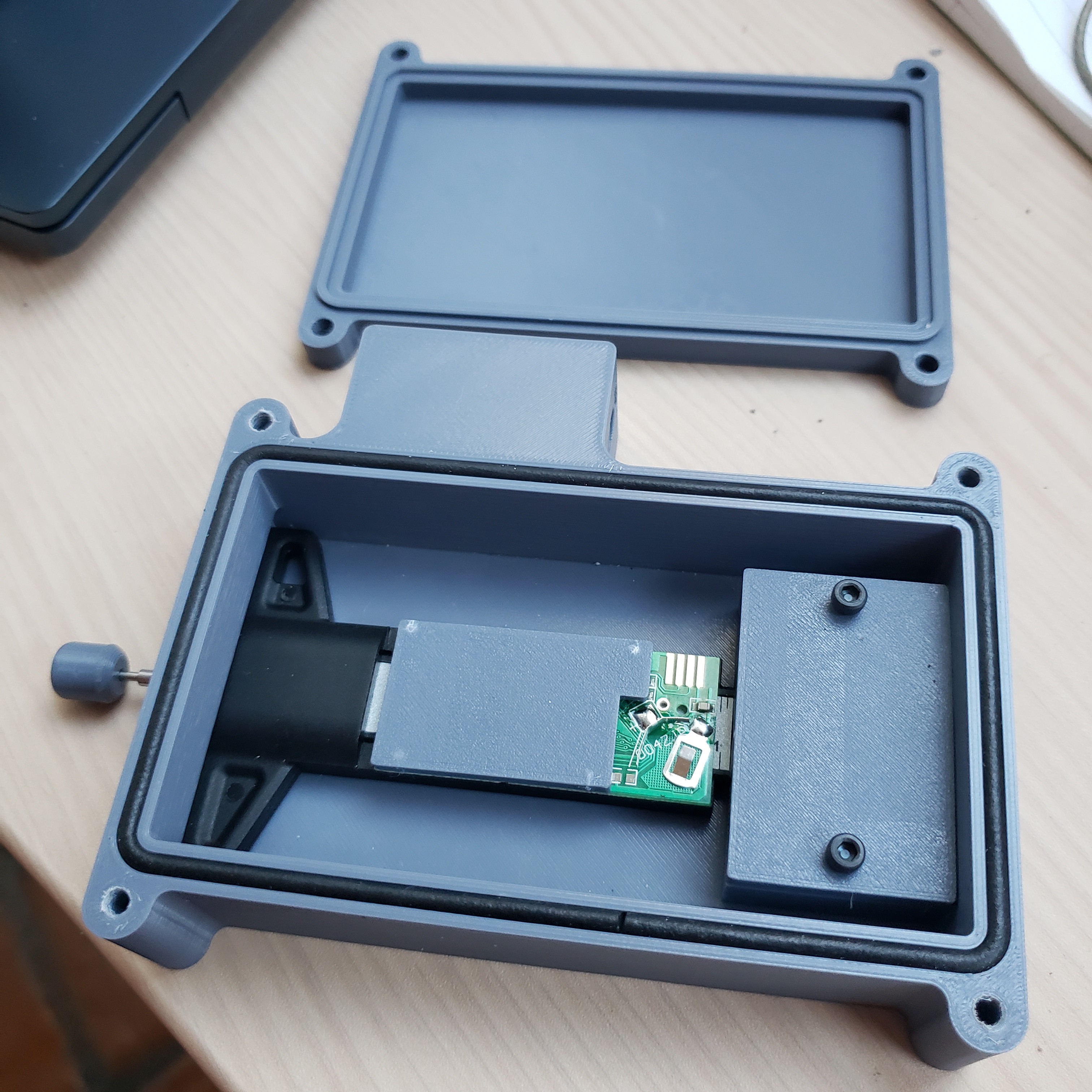
3D Printed Weatherproof Enclosure Details Hackaday.io
75 of The Top 100 Retailers Can Be Found on eBay. Find Great Deals from the Top Retailers. eBay Is Here For You with Money Back Guarantee and Easy Return. Get Your Prints 3 D Today!

How to waterproof 3d printed vase complete guide Artofit
Increase Printing Temperature Use a Wider Nozzle Diameter Increase Infill Density Percentage Apply a Coat of Epoxy Resin or Clear Coat Do Acetone Vapor Smoothing Use SLA 3D Printing How Do You Waterproof a Vase? Best Water-Resistant & Moisture Resistant 3D Printing Filament Is 3D Printing Waterproof & Airtight? Can 3D Prints Hold Water?
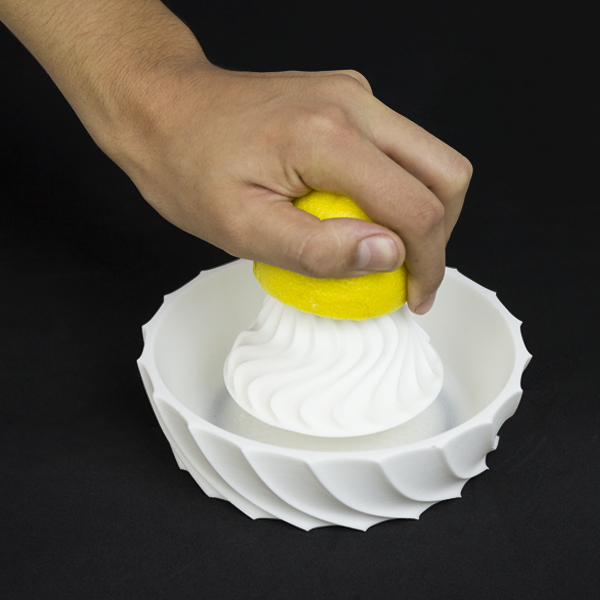
Waterproofing 3D Prints 5 Easy Solutions BCN3D Technologies
Here's how to waterproof a 3D printed vase: Pick Your Filament and Wall Thickness Optimize Your Design for Watertightness Pick a Waterproof Sealant for Your Filament Apply Your Waterproofing Agent Test the Vase and Re-Seal any Gaps Let's go through these steps together and optimize your vase for a watertight, leak-free finish.
Prototype waterproof 3d printed drone. r/diydrones
To make parts more waterproof we recommend that you increase the number of perimeters of the part (3, 4, 5… shells or more) and also increase the filling (30, 50 or even 100% infill in your part). This is the most basic advice but it is the best way to start. Laminating a solid container (all perimeter-based) to make it waterproof.
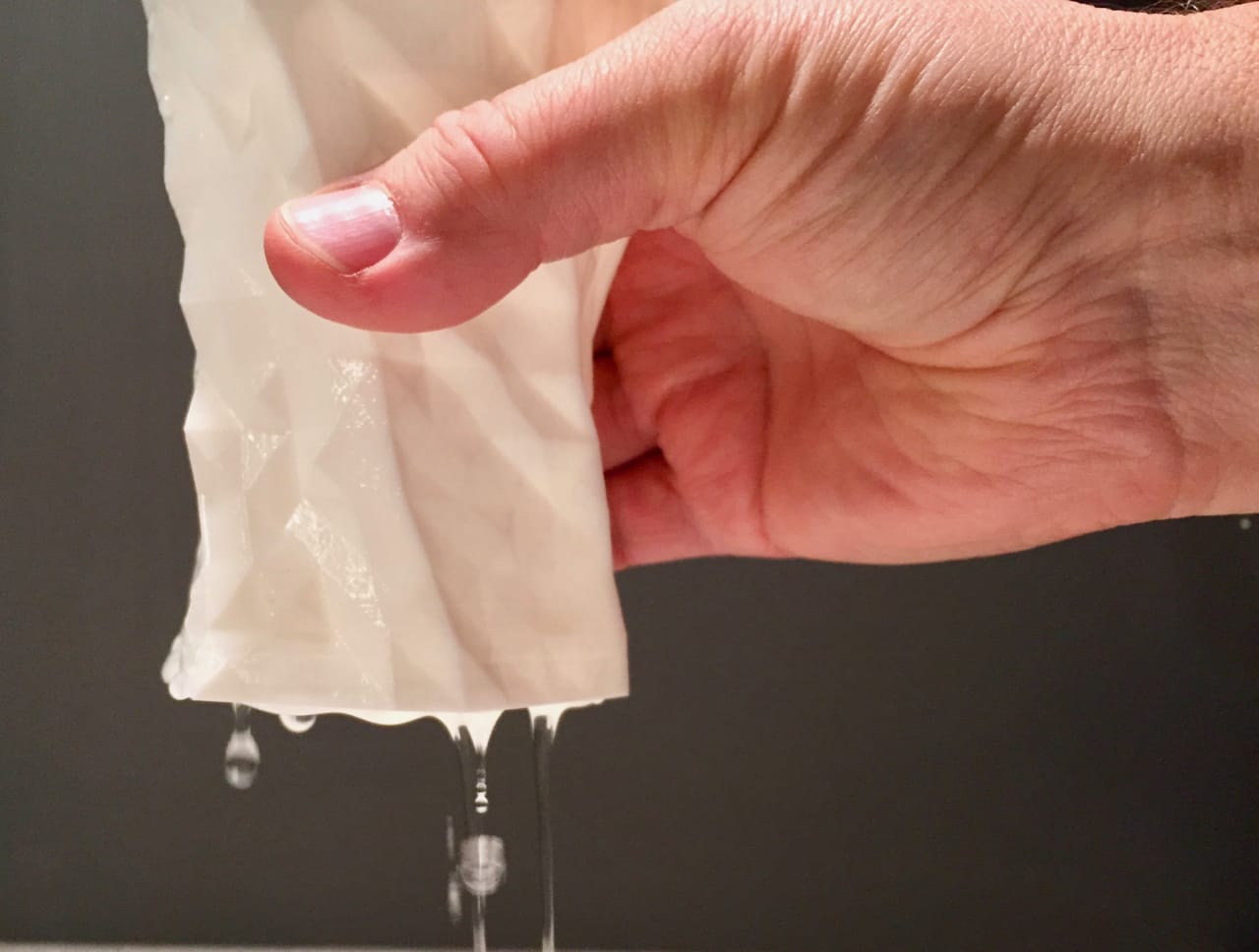
Waterproofing Your 3D Prints « Fabbaloo
Want to make watertight 3D prints? Read on for tips about materials, design choices, slicer settings, post-processing, and more!
Applied Technology Lab ProgressTH 3D Printing Waterproof and Water Resistant Boxes
Advertisement A waterproof 3D print is easier to achieve than you might think. Read on for tips on material, slicer settings, and post-processing!
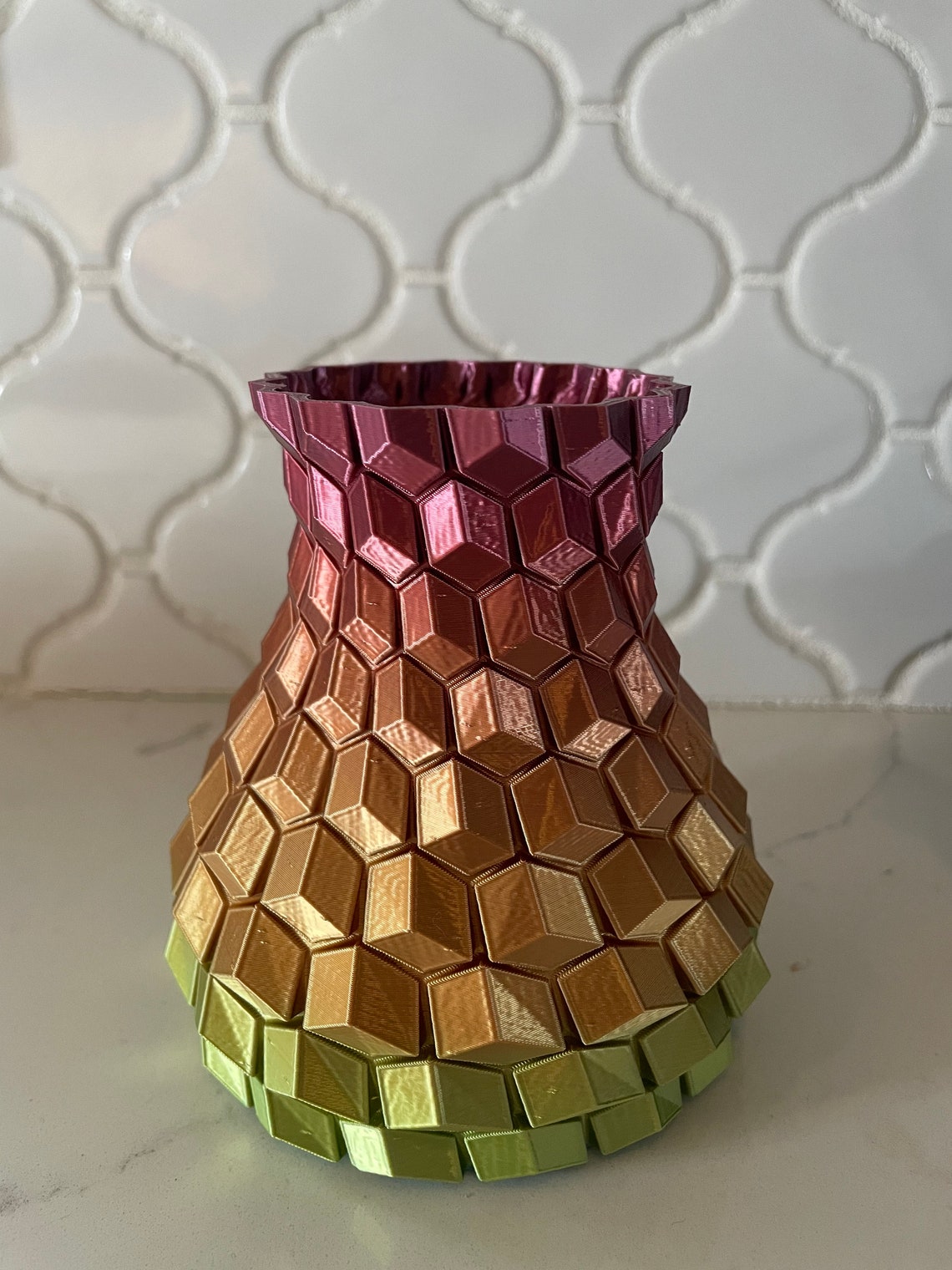
3D Printed Vase Design 100 Waterproof Etsy
Enjoy up to 90% off only today. Best deals in Australia. Worry-free post-sales guarantee! Discover unbeatable deals and discounts on the Temu App. Download Now & Save Big!

Completely waterproof 3Dprinted drawer slides/linear rails YouTube
The first step to waterproof a 3D printed object is to choose the right material for your print. Not all 3D printing materials are equally waterproof, and some may require more.
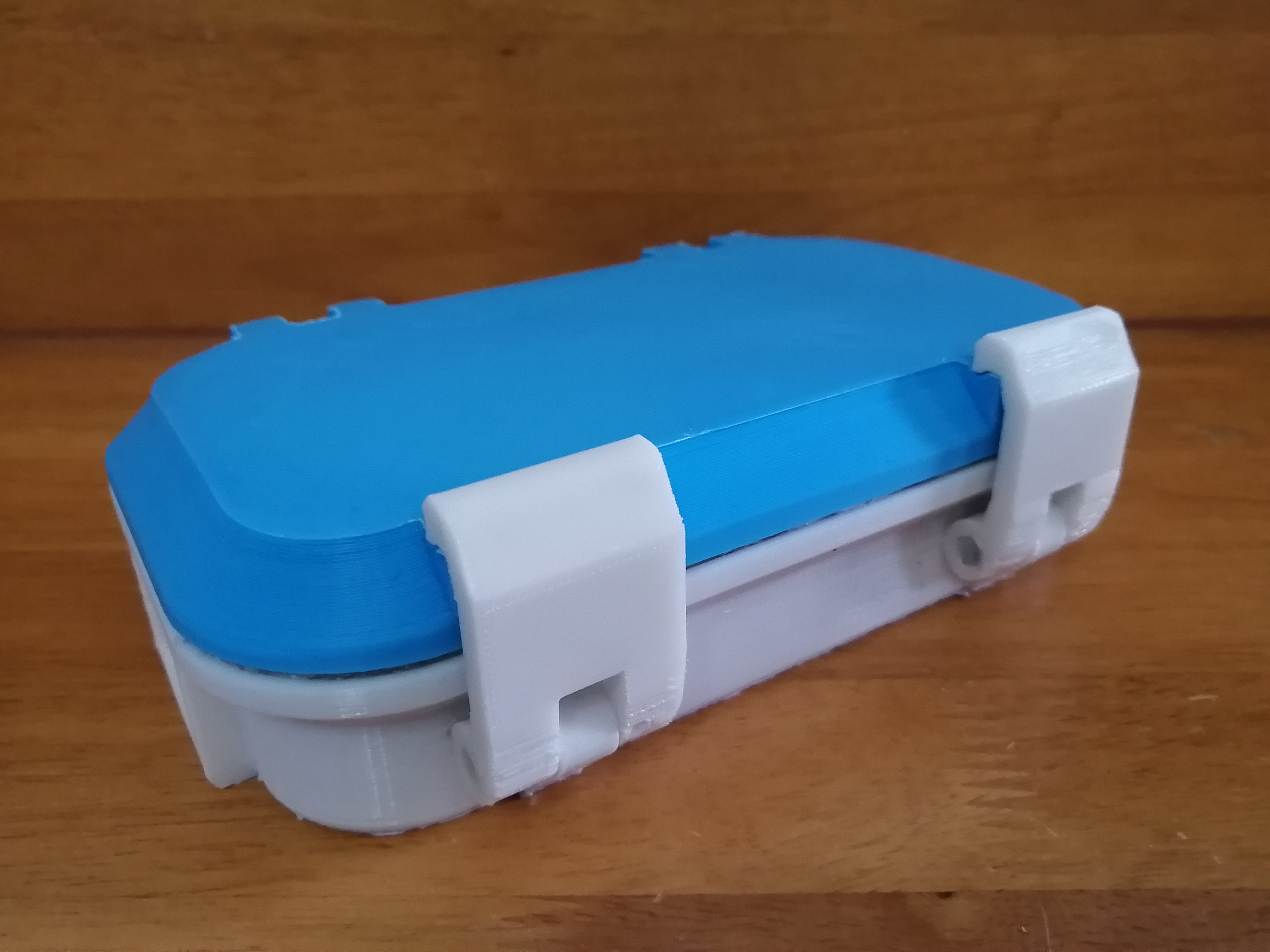
Water Resistant 3D Printed Enclosures Hackaday.io
The benefits of waterproofing your 3D prints are many, including increased durability and longevity, making them ideal for use in wet environments. While there are several challenges you might face, the techniques we've discussed can help you overcome them and create high-quality, waterproof 3D prints.
Applied Technology Lab ProgressTH 3D Printing Waterproof and Water Resistant Boxes
Waterproofing 3D Prints. Make Your Print Waterproof and Airtight. by Mike Brooks | Last Updated: May 5, 2022 There are various ways of waterproofing 3D prints. You can print thick layers, use water-resistant filaments, use a wider extruder, increase the perimeters, use high-temperature settings, print less complicated models, and post-process.

Not Just for Prototyping Anymore Student 3D Prints a Waterproof Smartphone Case
Slicing in 3D printing is typically done using free 3D printing software and a variety of different settings that can be used to control the thickness of the slices and the level of detail. The choice of slicing settings can have a significant impact on the quality of the final print and the level of waterproofing.

Waterproof 3d Printer Filament BEST 3D PRINTING
Making Your 3D Printed Parts Waterproof 3. Step 1: Material Matters The first thing you need to think about is the material you're using for your 3D print. Not all materials are created equal when it comes to waterproofing. Some materials can't handle water and will deform or react badly. So, choose your material wisely.
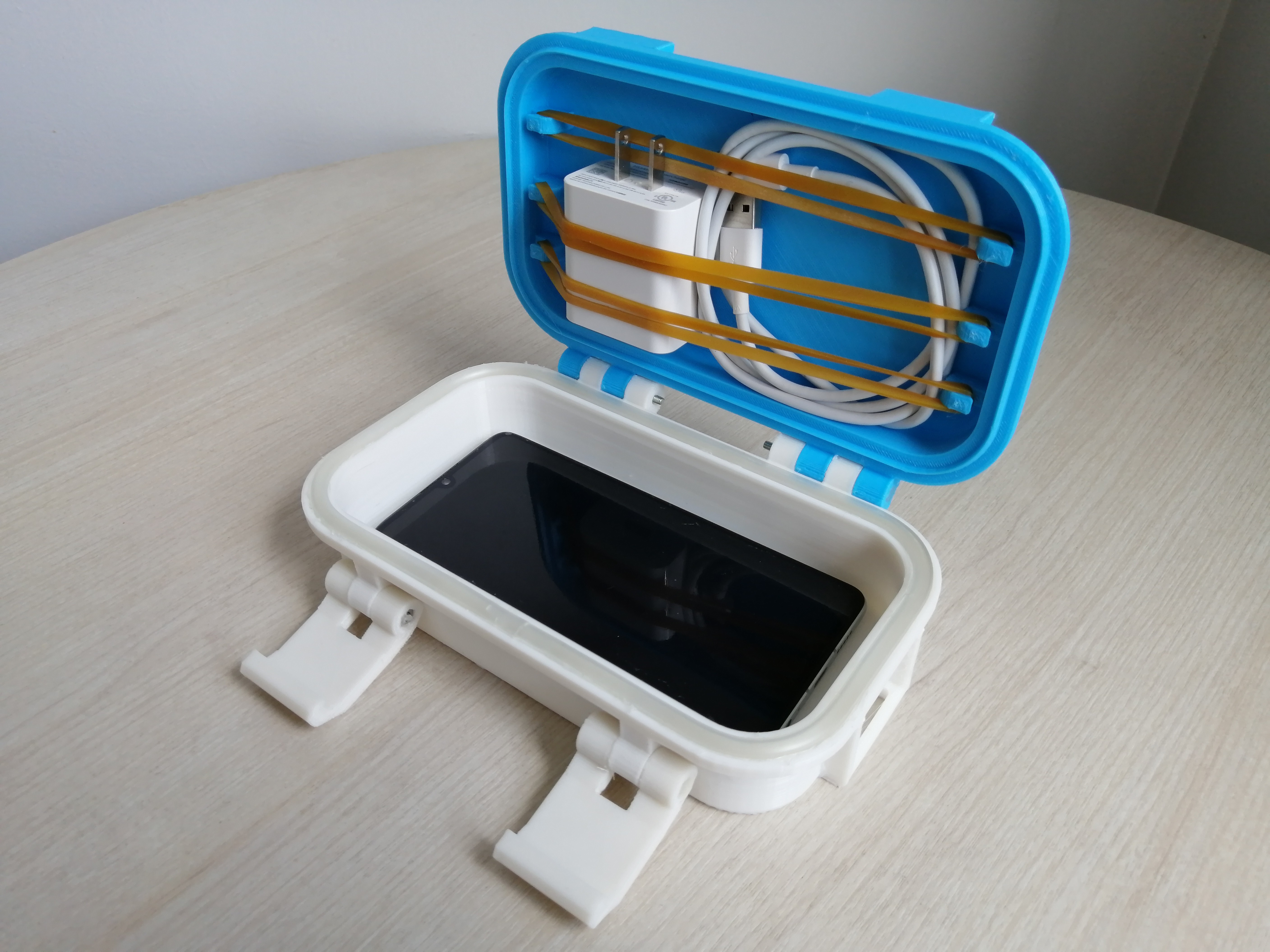
Water Resistant 3D Printed Enclosures Hackaday.io
There are five different methods you can use for waterproofing 3D prints, like using water-resistant filaments, printing thicker layers, over extruding, adding more perimeters, and printing less complex models. Let's dive into each of these 5 tricks. 1. Choose Waterproof 3D print or Water-Resistant Materials
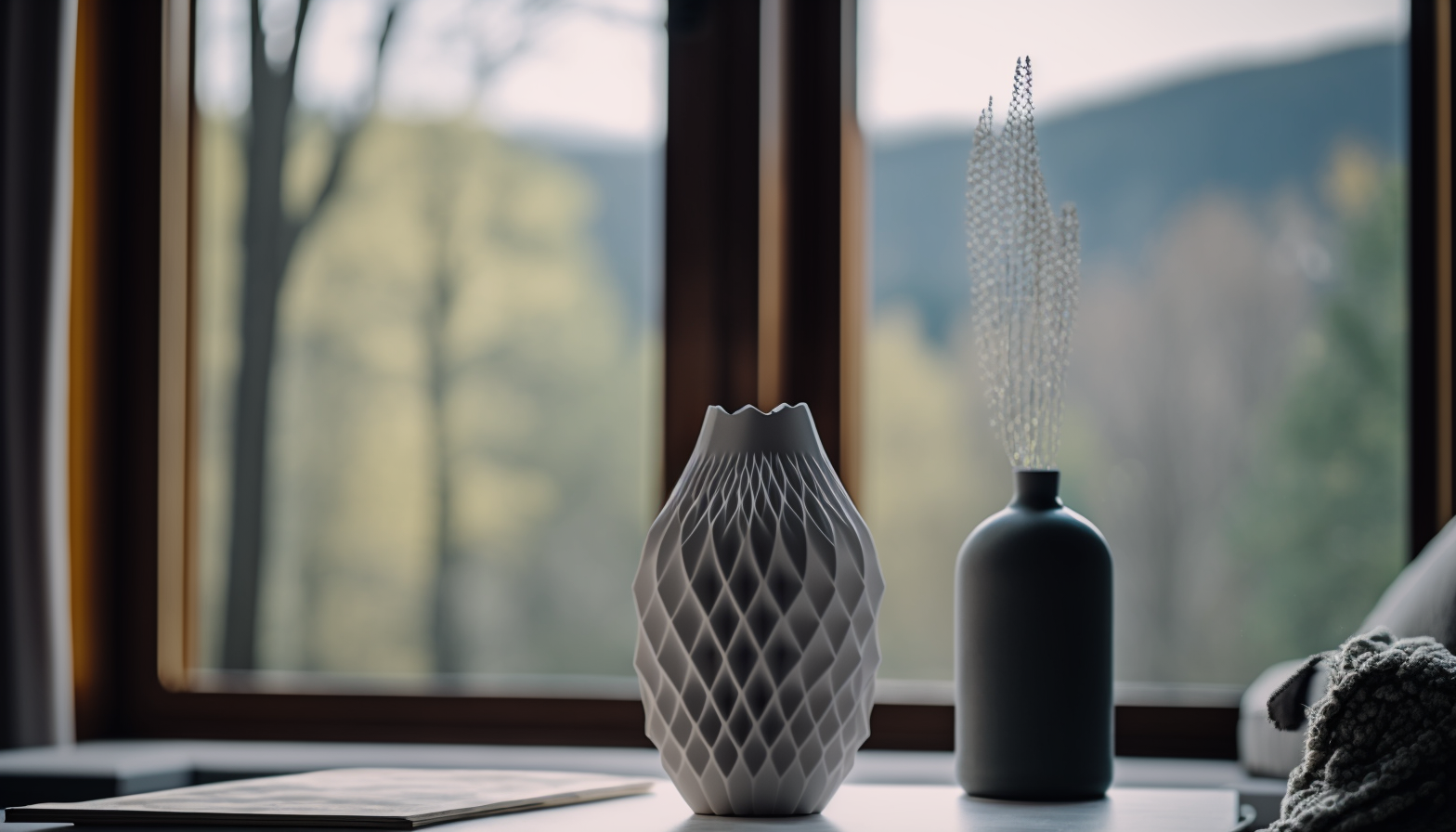
BuildBee Waterproof 3D Printing with PLA A Comprehensive Guide
Thankfully, there are several methods you can use to waterproof your 3d print, including using the right filament material, slicer settings, and sealing. We will examine each method's advantages and disadvantages and provide tips on implementing them effectively to maximize your 3D print's water resistance. Table of Contents

WaterProof 3D Printed Container? YouTube
How To Waterproof Your 3D Prints? 3D Printing November 25, 2022 Want to 3D print a model that will go outdoors, like a tent stake, lantern casing, or even a GoPro holder? Well, you probably want those parts to be waterproof if they're going to be exposed to rain.